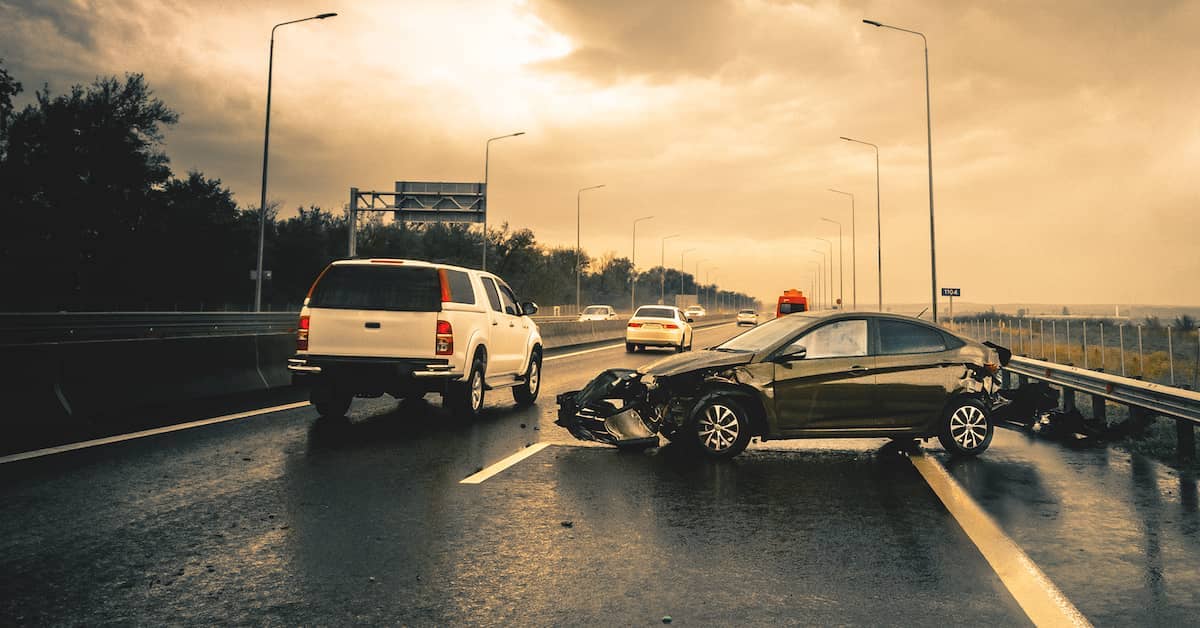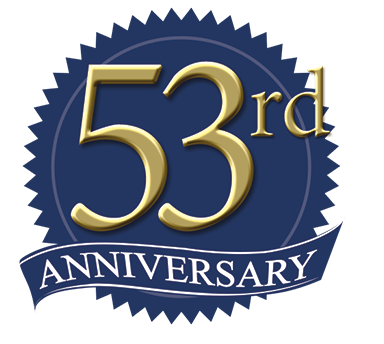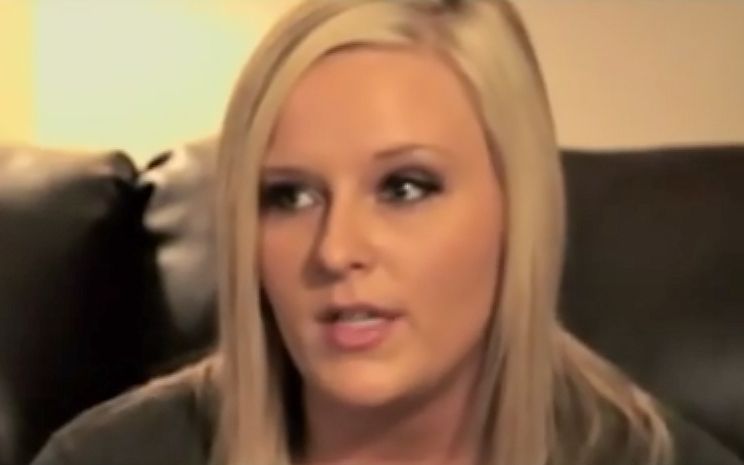
If you’ve been involved in an auto accident, you’d probably like to get your car repaired or replaced as soon as possible. It’s very important to take photographs, at the scene or as soon as possible thereafter, of your car and all other vehicles involved in the crash. Dealing with insurance companies can be stressful, especially when all you want to do is get back on the road to your normal life. Photographs can be very important evidence in your case, helping to show who was at fault and how significant the accident was.
If your car was severely damaged in the accident, you may be wondering if it will be considered “totaled.” If you were hurt in an accident that totaled your car, you may also be facing mounting medical bills, debilitating injuries, and time away from work that you can’t afford.
Unfortunately, insurance offers may be insufficient to cover your injuries, medical bills, and the damages to your vehicle. An Olympia car accident attorney at Fuller & Fuller can review the specific details of your case and explain the damages you may be able to pursue, including your physical, emotional, and financial losses, to help you understand how best to proceed with your claim.
Contact a Tacoma Car Accident Lawyer for FREE
If you have been injured and/or your car has been totaled in an accident in Olympia, Tacoma, or a nearby area of Washington, Fuller & Fuller is here to listen, advise, and help. Call us at 800-570-4878 to schedule a FREE and confidential case evaluation and learn how we can help you seek the maximum compensation you are entitled to.
What Is the “Total Loss Formula” In Washington?
In Washington, auto insurance companies use a total loss formula (TLF) to determine whether a vehicle should be deemed non-repairable and sent to salvage. Currently, in Washington State, if the cost to repair a vehicle’s damage exceeds the value of the car, then the car is deemed “totaled.”
This formula uses three key factors to determine whether a car is considered totaled: Repair Costs + Salvage Value ≥ Actual Cash Value (ACV). Here’s a closer look at each:
1. Cost of Parts and Labor to Repair the Car
The first factor to be considered is the cost to repair the vehicle. This includes the cost of parts and labor. You can—and should—take your car to an independent repair shop for an estimate, especially if you are concerned that you may be forced to either fix a car you don’t want to fix or scrap a car you don’t want to lose.
Repair estimates can vary widely, especially if your insurance company tries to get you to accept refurbished parts, or if a dealership or “preferred” collision shop charges a particularly high or low labor rate. You may consider getting multiple estimates, as the cost of repairing your car will be key to determining whether it will be declared a total loss.
2. The Car’s Salvage Value
The second factor to be considered is your car’s salvage value. If your car is totaled, it will typically be sent to a salvage yard. A car’s salvage value is essentially the value of its parts that can be reused or resold, without considering the car to be a fully functioning vehicle that someone can legally drive. Depending on your circumstances, you may also have the option to keep your totaled car after an accident in Washington, usually minus the salvage value.
3. The Car’s Value Before the Accident
The third factor to be considered is your car’s actual cash value, the amount that your car would have sold for before the collision. The insurance companies will assign an appraiser to determine your car’s pre-crash actual cash value. If you disagree with the insurance appraisal, you can seek an independent appraisal as part of the insurance settlement negotiation process.
Once the cost to repair, salvage value, and actual cash value have all been determined, then these three figures are plugged into the total loss formula. If the cost to repair plus the salvage value exceeds the actual cash value, then the car will be deemed a total loss.
An Example of Washington’s Total Loss Formula
Let’s say your car had an ACV of $9,500 before the crash. The repair shop estimates that it will cost $5,800 to fix, and the salvage value is $3,900. The math would look like this:
$5,800 + $3,900 = $9,700.
Because $9,700 exceeds the $9,500 value of the car, the insurer would call it a total loss.
If your vehicle is declared totaled, you’re typically offered a payout based on the ACV. This is not reflective of what you paid for the car and may not be sufficient to replace it, which can leave you with less than you need to buy a similar vehicle, or even pay off the loan on it. Having someone in your corner, like an experienced car accident lawyer, helps ensure any offers you receive are fair, reflective of your losses, and suitable for your needs.
What Are Your Options After a Total Loss?
When an insurance company decides your vehicle is a total loss, you typically have a few choices. These include:
- Accept the Payout. You’ll receive a check for the vehicle’s actual cash value, minus your deductible if you’re filing through your own policy. This is the most common route.
- Keep the Vehicle. You can choose to keep your totaled car, but there’s a catch: the insurer will deduct the salvage value from your payout. Washington law also requires that the title be branded as a “salvaged vehicle,” and you’ll need to go through a formal process to get the vehicle road-ready again.
- Dispute the Total Loss Decision. If you think your vehicle is worth more than what the insurer is offering, you can dispute the valuation. This starts by gathering evidence—such as repair estimates, comparable car listings, or an independent appraisal. You may also be entitled to enter into the insurer’s formal appraisal process or hire a lawyer to help you negotiate. This is particularly important if you have also sustained a serious injury in your accident.
Don’t rush your decision. Once you accept a settlement, it’s final. Talking to a car accident lawyer first can help you understand your rights and protect you against accepting less than you are due.
Can a Totaled Car Impact Your Personal Injury Claim?
A totaled vehicle can help to highlight the severity of a crash. It’s often a sign that speed and force were involved in the collision, which can play a direct role in the severity of your injuries. Traumatic brain injuries, spinal cord injuries, and other types of trauma are more likely in accidents that total vehicles. The condition of your car may help to support your claim, increase the types of damages you are entitled to, and assist with negotiations and litigation.
Insurance companies often downplay injuries in lower-impact crashes. But when a vehicle is so damaged that it’s been deemed a total loss, it’s harder to argue that the occupants walked away unscathed. Photos of a crumpled frame or shattered windows can add credence to personal injury claims by showing the extreme force involved in the collision.
Your property damage claim and your personal injury claim are separate in Washington State. Even if the insurance company writes you a check for the value of your totaled vehicle, that has nothing to do with what you’re owed for medical treatment, rehabilitation, missed work, or future health issues. While they may arise from the same incident, injury-related claims can be and most often are substantially higher than those involving property damage.
Property damage claims address totaled vehicles. Personal injury claims address the economic and non-economic costs of a serious injury. This includes damages for pain, suffering, and emotional distress, which cannot be measured by receipts. A totaled car helps tell the story of how disruptive and traumatic the crash truly was, adding substance to your claim and assisting in establishing the true cost of the harm you have suffered.
A totaled car is more than a hunk of metal, it may be a key piece of evidence supporting your claim. So, while it may be tempting to take a quick settlement offer and move on, it’s important to step back and look at the full picture.
At Fuller & Fuller, we’ve spent more than 50 years helping people in Tacoma, Olympia, and throughout Washington seek fair compensation following a car crash. Attentive, supportive, and effective, our car accident lawyers are here to assess your damages, discuss your options, and help you recover what you need to move forward.
You Need a Specialist in Accident and Injury Law
Dealing with the insurance companies after a car accident can be challenging, especially if you sustained injuries. Don’t face the insurance company alone. Accomplished car accident attorney Marya Fuller and her team are specialists in accident and injury law. With extensive experience in a wide range of auto accident matters, she understands the hardships you may be facing and is committed to helping you recover the full and fair compensation you deserve.
All cases are handled on a contingency basis, which means we will not charge you a fee unless we get you money.
Contact an Olympia Car Accident Lawyer Today
To learn more about how the law applies to your situation, contact Fuller & Fuller online or call us at 800-570-4878 for a no-cost, no-obligation consultation. With offices in Olympia and Tacoma, we represent individuals in car accident claims throughout Washington.






